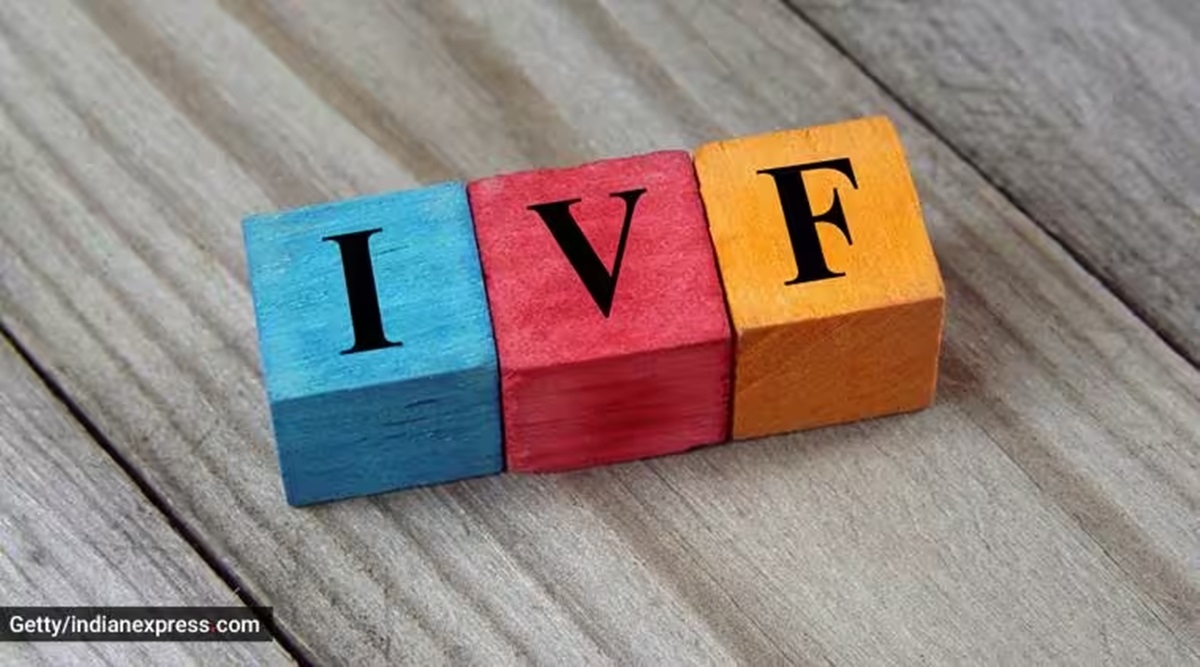📣 For more lifestyle news, click here to join our WhatsApp Channel and also follow us on Instagram
When does IVF have the maximum chance of success? Know all about the treatment
IVF can be a life-changing option for individuals and couples facing fertility challenges.
 Gain insights into precautions, considerations, and the importance of consulting a fertility specialist for personalised guidance on IVF. (Source; Pexels)
Gain insights into precautions, considerations, and the importance of consulting a fertility specialist for personalised guidance on IVF. (Source; Pexels)In vitro fertilisation (IVF) offers a beacon of hope for couples struggling to conceive. But when is the ideal time to embark on this journey to maximise the chances of success? We explore the world of IVF, examining factors influencing successful outcomes and the age at which women are most likely to experience positive results.
What is IVF?
Dr Jyoti Tripathi, a fertility consultant at Nova IVF Fertility, defines IVF as: “A reproductive technology used to help individuals and couples conceive a child when natural conception is not possible or successful.”
The process involves:
- Retrieving mature eggs from the woman’s ovaries.
- Fertilising the eggs with sperm in a laboratory.
- Transferring the fertilized embryos (eggs) into the woman’s uterus for implantation and potential pregnancy.
What is the optimum age for IVF?
While age plays a significant role, it’s important to remember that individual circumstances vary. However, studies suggest that women under 35 generally have the highest success rates for IVF.
It’s crucial to consult with a qualified fertility specialist for personalised guidance and to understand that statistics are not guarantees, experts urge.
Dr Rupali Tambe, a fertility consultant at Nova IVF Pune, highlights the legal age limit in India: “As per the ART law, the age limit for women is 50 years and 55 years for men in India.”
However, she emphasised that “success rates tend to decline with advancing maternal age.”
 What are the precautions for IVF at an advanced age? (Source: Getty Images)
What are the precautions for IVF at an advanced age? (Source: Getty Images)
While IVF is possible at an older age, it’s essential to be aware of potential challenges:
- Decreased ovarian reserve: Fewer and lower quality eggs can impact fertilisation success.
- Increased pregnancy complications: Risks like gestational diabetes, hypertension, and preeclampsia rise.
- Higher likelihood of chromosomal abnormalities: Increased risk of miscarriage or complications in the baby.
- Physical and emotional considerations: Pregnancy and parenthood at an older age require careful assessment.
What are the precautions for IVF at an advanced age?
Dr. Tambe emphasised the importance of:
- Consultation with a fertility specialist: Discuss potential risks and benefits, and receive personalized guidance.
- Optimising overall health: Maintain a healthy lifestyle through diet, exercise, stress management, and avoiding harmful substances.
- Close monitoring and follow-up: Pre-pregnancy assessment, managing pre-existing conditions, and regular prenatal care are crucial.
IVF can be a life-changing option for individuals and couples facing fertility challenges. By understanding the factors influencing success rates, including age, and engaging in open communication with a fertility specialist, individuals can make informed decisions about their unique circumstances and navigate the IVF journey with realistic expectations and optimal preparation.
📣 For more lifestyle news, click here to join our WhatsApp Channel and also follow us on Instagram



- 01
- 02
- 03
- 04
- 05
























